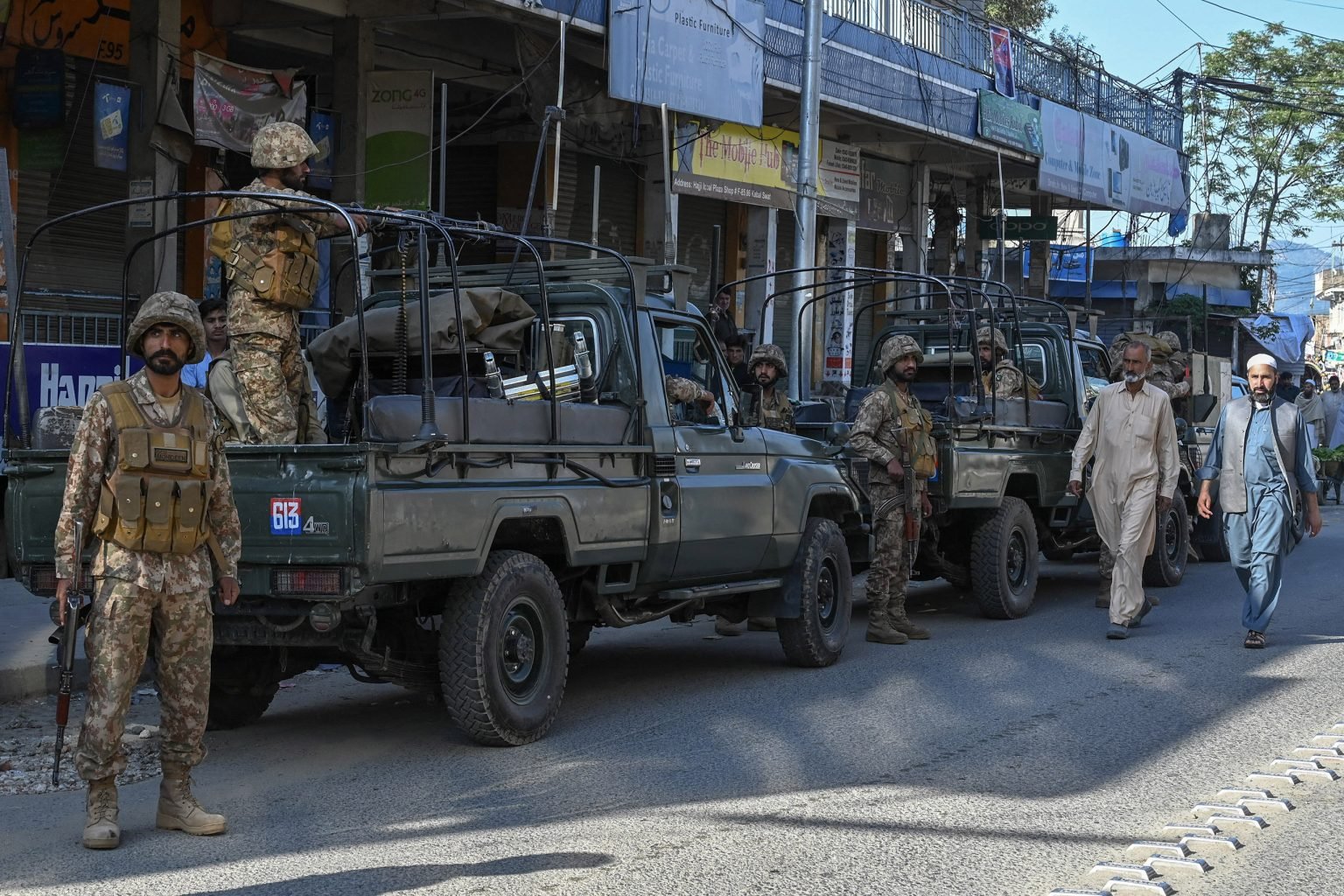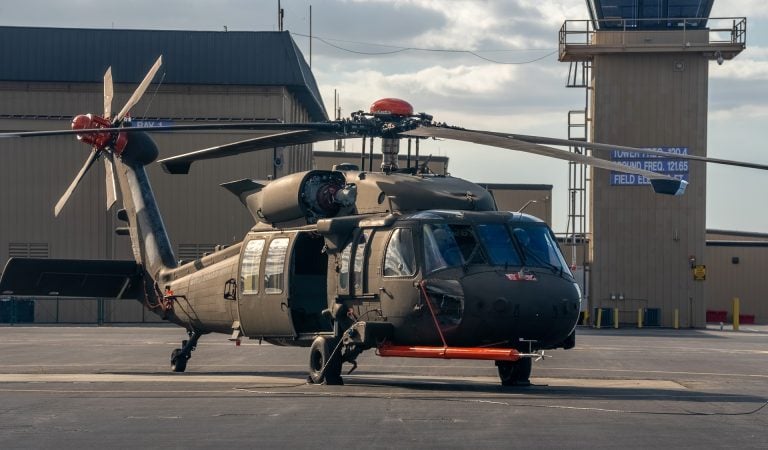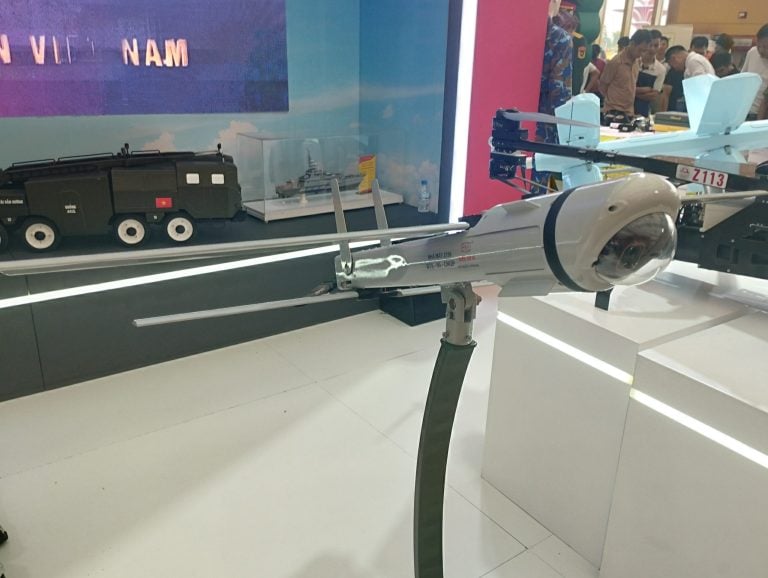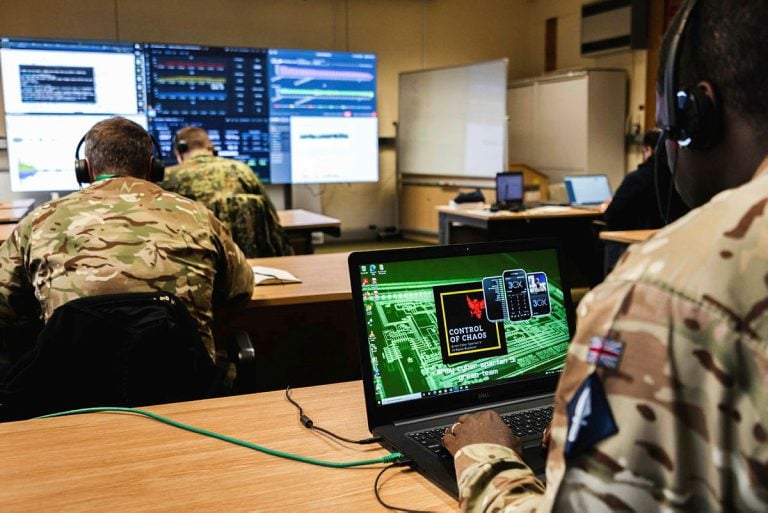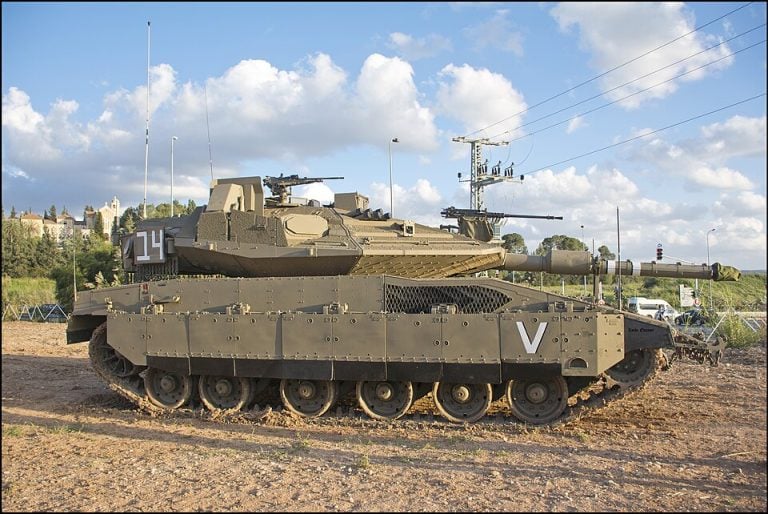At least 25 people were reported killed in a series of attacks across Pakistan, with the deadliest incident occurring during a political rally in Quetta, the provincial capital of Balochistan. A suicide bomber targeted the event, resulting in 14 fatalities and dozens more wounded, with several individuals critically injured. The attack struck just as members of the Balochistan National Party (BNP) were gathering in a stadium parking lot, following a speech by party leader Akhtar Mengal. He later confirmed he was safe through a post on social media.
In a separate attack in Balochistan, near the Iran border, five paramilitary personnel lost their lives when a homemade bomb detonated as their convoy passed through the area. Meanwhile, six soldiers were killed in Khyber Pakhtunkhwa province when their base was targeted by a suicide attack that involved multiple assailants.
Balochistan, known for its vast resources yet struggling with poverty and underdevelopment, has been a focal point for political tensions and insurgent activity. The BNP advocates for enhanced rights and economic investment focused on the Baloch ethnic community. However, many locals feel that substantial investments, particularly related to China’s One Belt One Road initiative, have primarily benefited outsiders rather than the indigenous population.
The rise in violence in Balochistan escalated significantly in 2024, with reports indicating that 782 people were killed due to ongoing conflicts between Pakistani forces and armed groups. These tensions have extended into neighboring Khyber Pakhtunkhwa, where more than 430 fatalities have been reported since the beginning of the year, primarily among security personnel.
On the day of the attacks, a militant group known as Ittehad-ul-Mujahideen Pakistan claimed responsibility for the assault on the paramilitary headquarters in Bannu, Khyber Pakhtunkhwa. This incident involved a suicide bomber who detonated an explosives-laden vehicle at the entrance, followed by an engagement with attackers that lasted for nearly 12 hours. Despite the violence, authorities have not reported any immediate claims of responsibility for the earlier attacks in Balochistan.
As the country grapples with this surge in violence, local officials and the impacted communities are increasingly calling attention to the dire security situation and the urgent need for interventions that address both rights and development.
